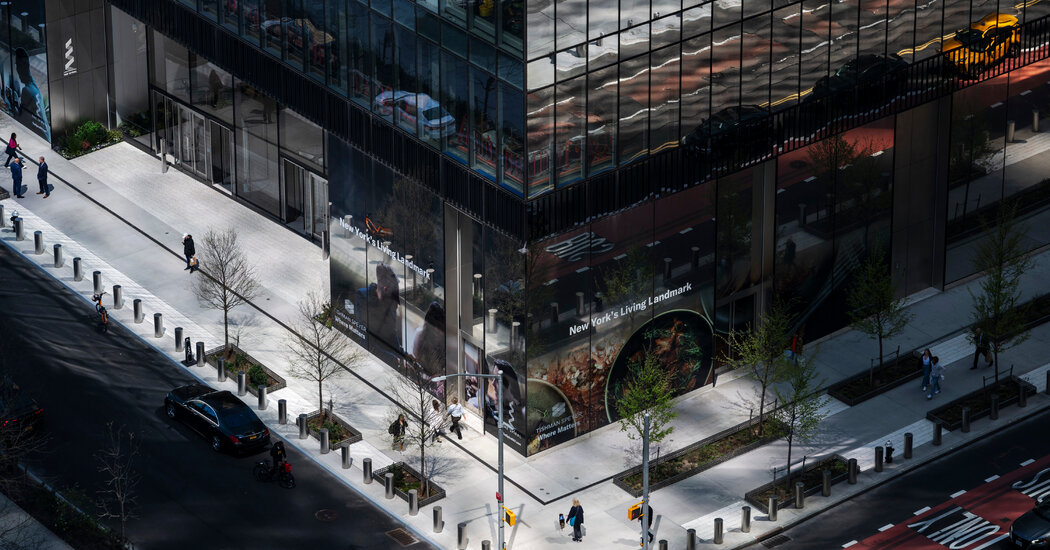I consider Lasch the American counterpart to Hannah Arendt, the German Jewish political philosopher whose powerful mind synthesized the pathologies of the first half of the 20th century. Lasch took the second half. If they did not explicitly converse with each other, they nevertheless found common foes in solitude and isolation. “What prepares men for totalitarian domination in the non-totalitarian world is the fact that loneliness, once a borderline experience usually suffered in certain marginal social conditions like old age, has become an everyday experience,” she wrote in 1951.
True to his roots on the old left, Lasch complained that “New York needs a tax base and full employment; instead it gets words and symbols and lots of restaurants.” Those restaurants were not the kind of taverns and cafeterias where New Yorkers of all classes and backgrounds could come together for the most basic democratic activity of all: conversation. “What democracy requires is vigorous public debate, not information,” he believed — in other words, people talking, not scrolling; arguing, not trolling. He would have laughed at Elon Musk’s assertion that he was turning X into the internet’s public square, only to flood the platform with the crudest conspiracy theories and most vicious vitriol.
After the 2016 election, Steve Bannon revealed that “The Revolt of the Elites” was one of his favorite books. How ironic, then, that he helped elect a man who routinely treats the U.S. Constitution like a Burger King napkin. Bannon must have missed the page where Lasch wrote, “Democracy works best when men and women do things for themselves,” not at the behest of an autocrat.
As an alternative to a society engorged on self-gratification, Lasch posits a culture of “populist cosmopolitanism,” his biographer Eric Miller writes, “a way of participating in the republic of letters that pries and guards first of all the actual Republic.” It’s never quite clear what this means, or how we get there. Nor can I say with confidence that such a society would be committed to racial integration or women’s liberation. If we are to be generous, the Laschian ideal is a planned community like Sunnyside Gardens in Queens, which allows for modest but comfortable living in proximity to others.
But good luck getting Patrick Bateman to move to Skillman Avenue. He is in the penthouse of the Equinox Hotel, snapping glam selfies and checking his Instagram mentions. A news alert flashes on his smartphone screen, something about Trump installing Ivanka on the Supreme Court. Seems troubling, but Patrick doesn’t care. A ping on his phone: Helicopter’s ready! He bought the Bridgehampton “cottage” for times like these. Even psychos need self-care. Democracy can wait.
